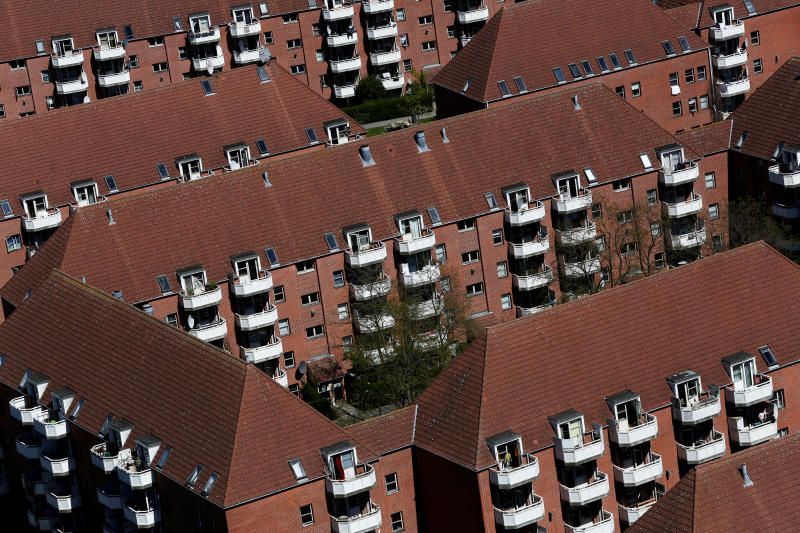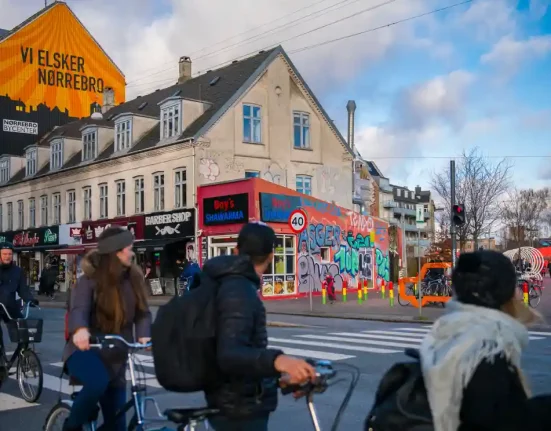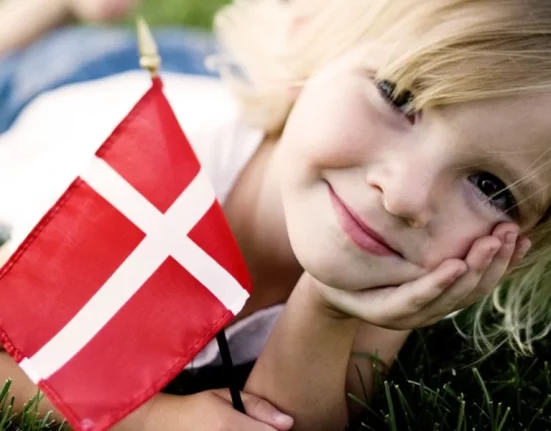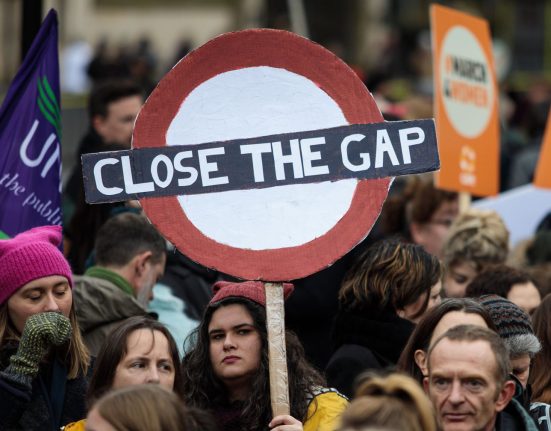In the Mjolnerparken district in the north of the Danish capital, residents are refusing to be evicted and have taken the Danish state to court, accusing it of discrimination on ethnic grounds.
With its bicycle stores, organic cafés and narrow streets lined with brick facades, the former working-class district of Norrebro in northern Copenhagen is quickly becoming one of the Danish capital’s trendiest. Yet it is here, right next to the train station, that Mjolnerparken is located: a complex of four blocks of four-story buildings, classified as a “ghetto” and therefore destined to be dismantled.
Two years ago, the Bo-Vita non-profit organization, owner of the 560 low-rent housing units where some 1,600 people used to live, launched an extensive renovation program. Less than half the tenants will return to their apartments once the work is completed in a year or two. A private company will acquire the two central blocks, and their inhabitants will be relocated.
But banners hanging from the balconies proclaim, “Mjolnerparken is not for sale,” and the residents have no intention of letting this happen. In May 2020, twelve of them took the Danish government to court. Backed by the Danish Institute for Human Rights, they accused it of discrimination based on ethnic origin. A Danish court brought the case before the Court of Justice of the European Union in Luxembourg.








